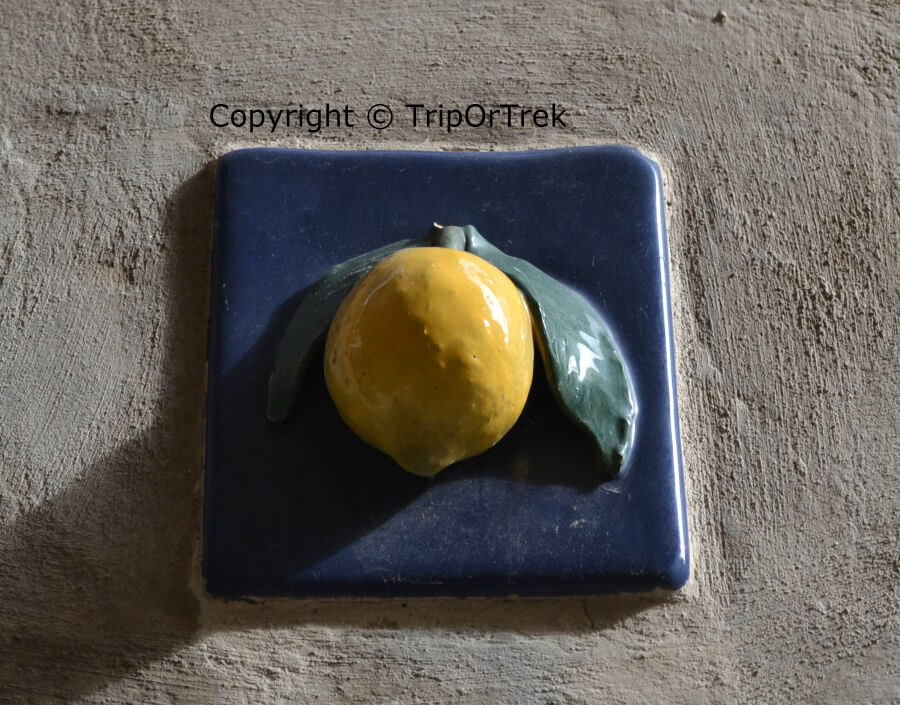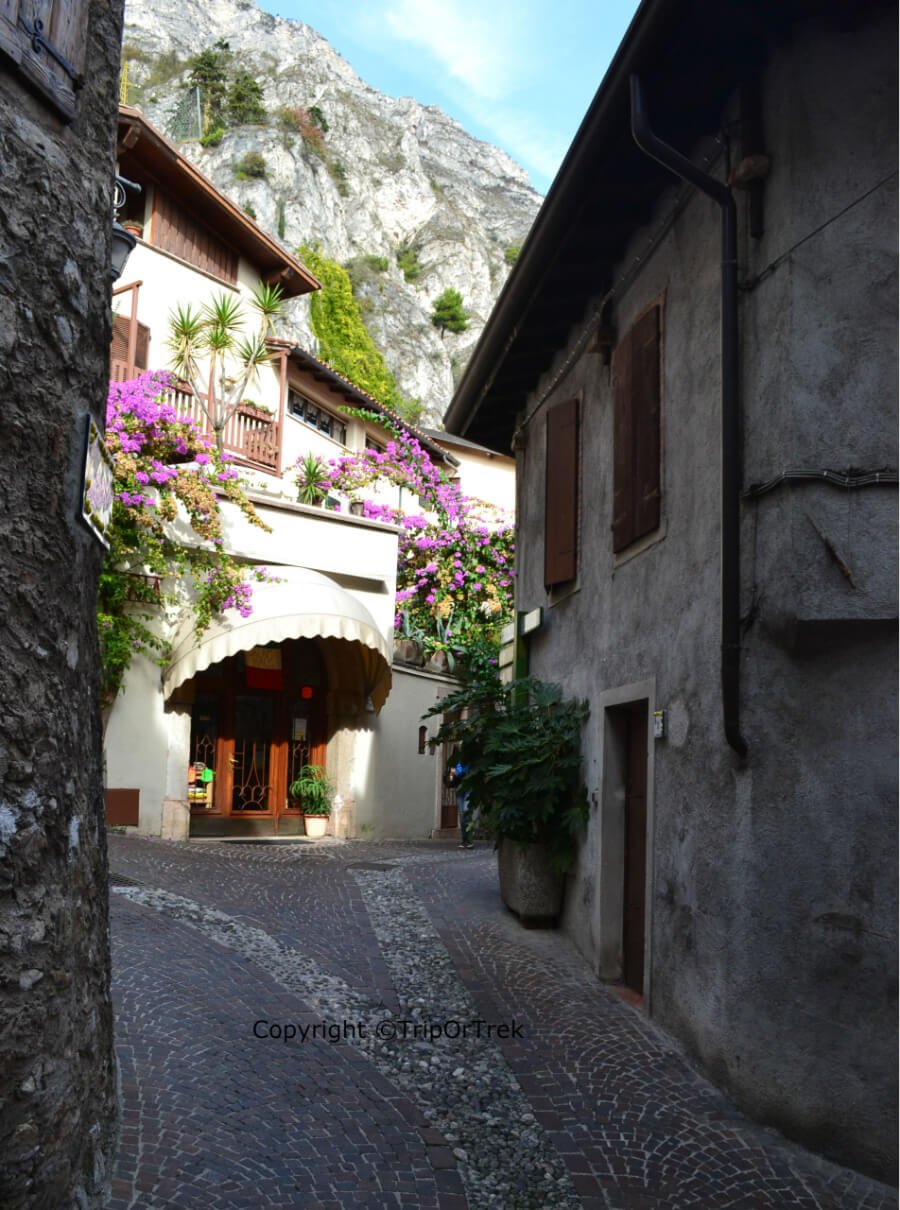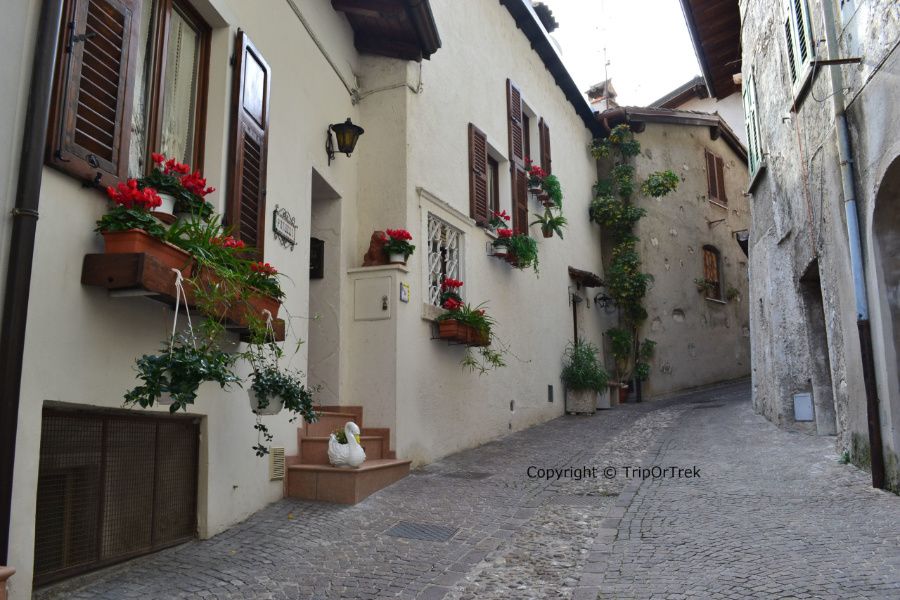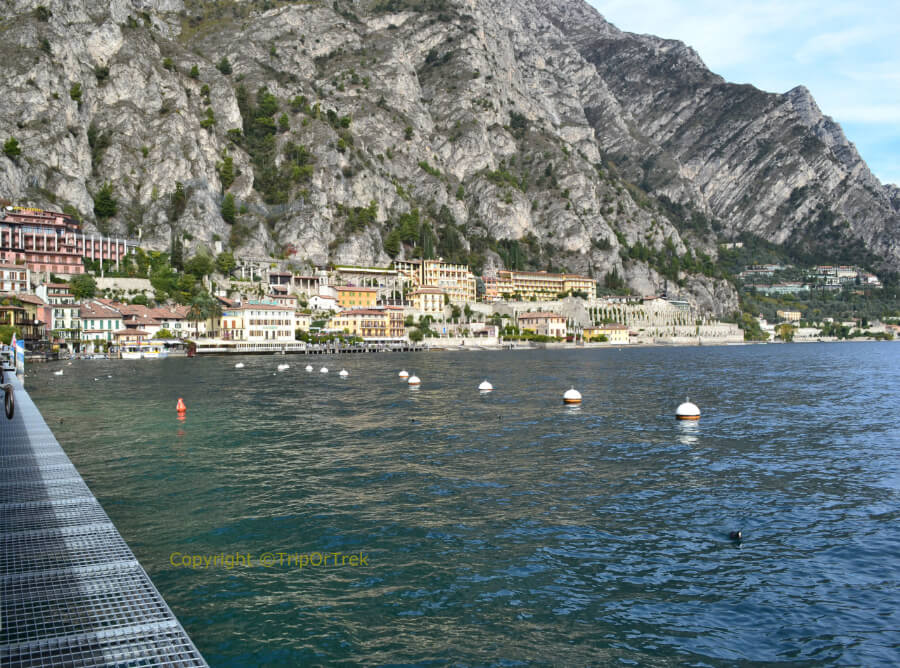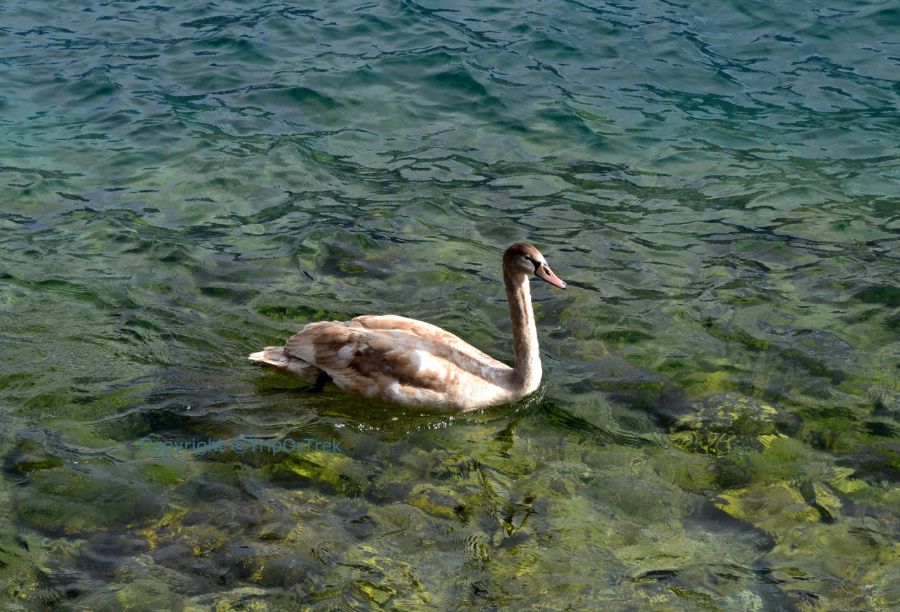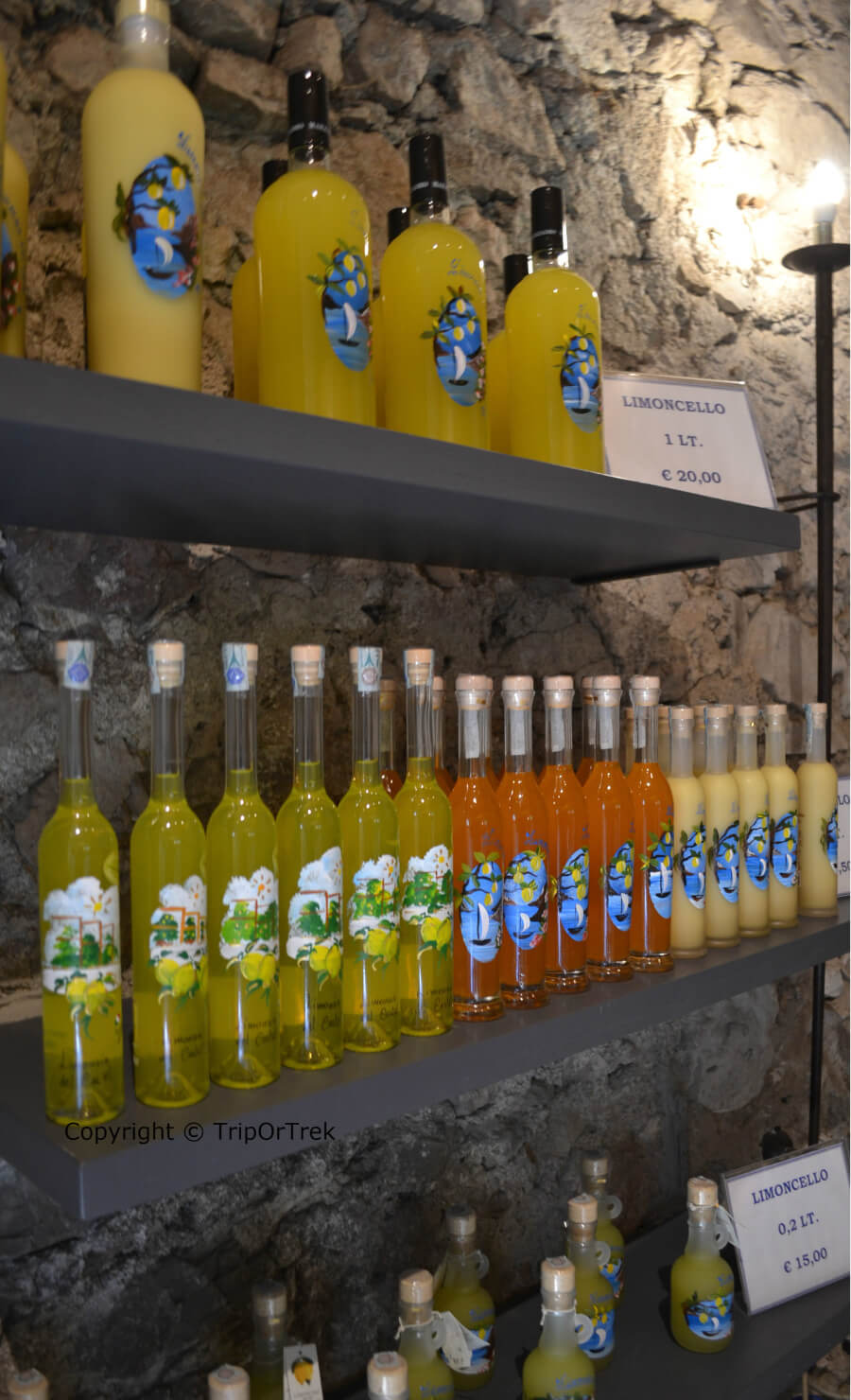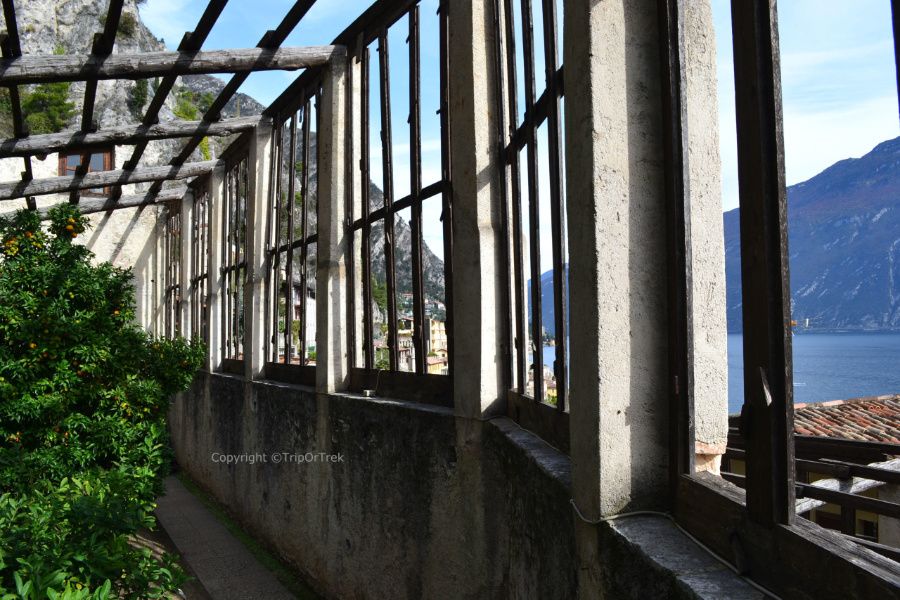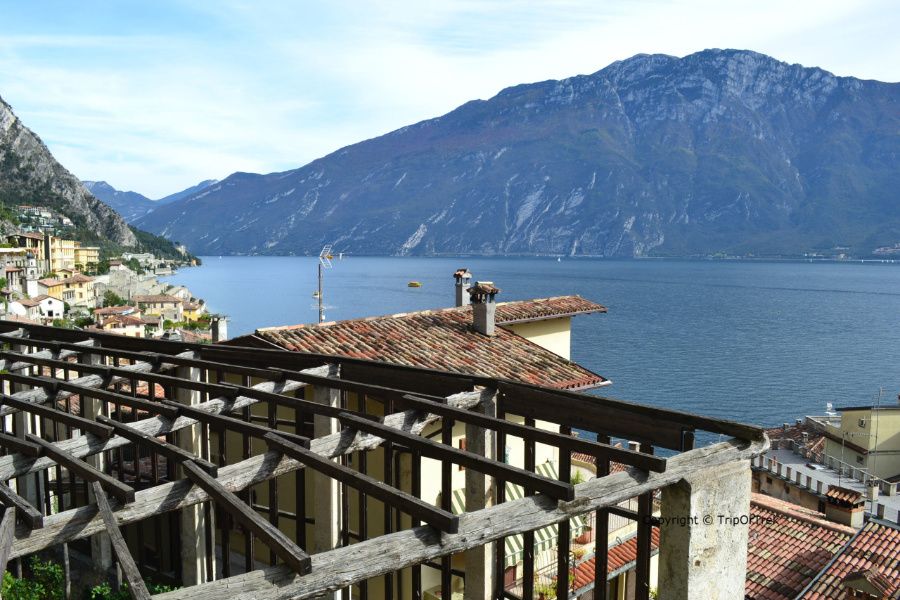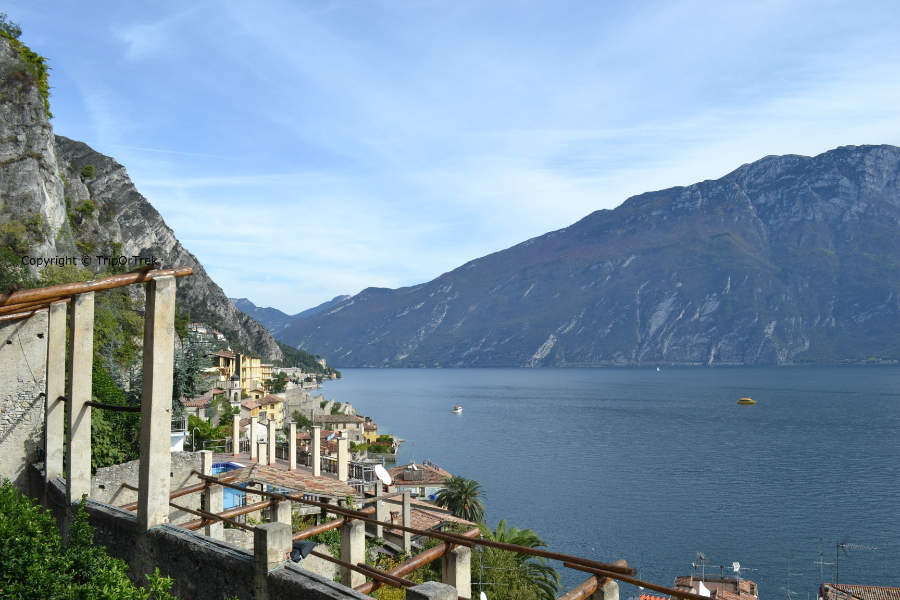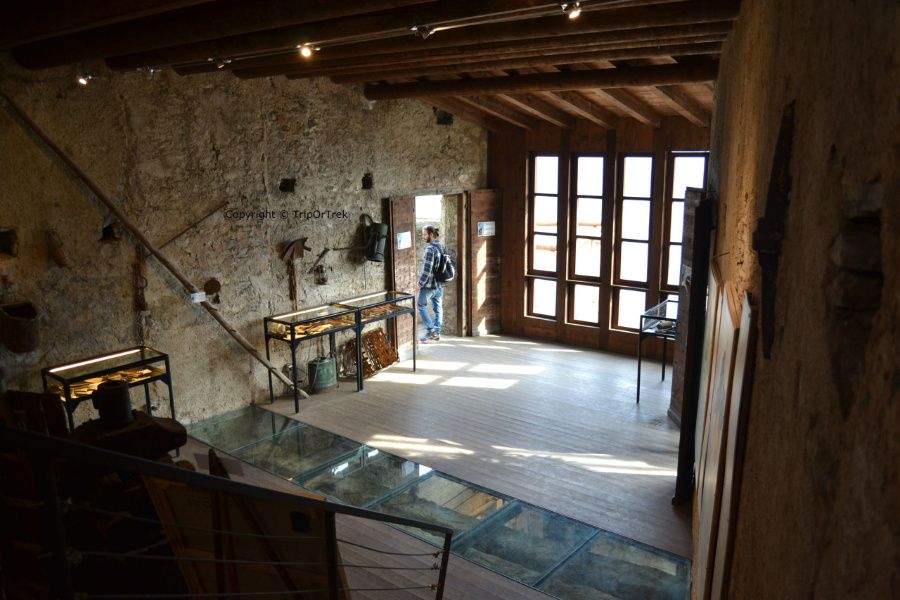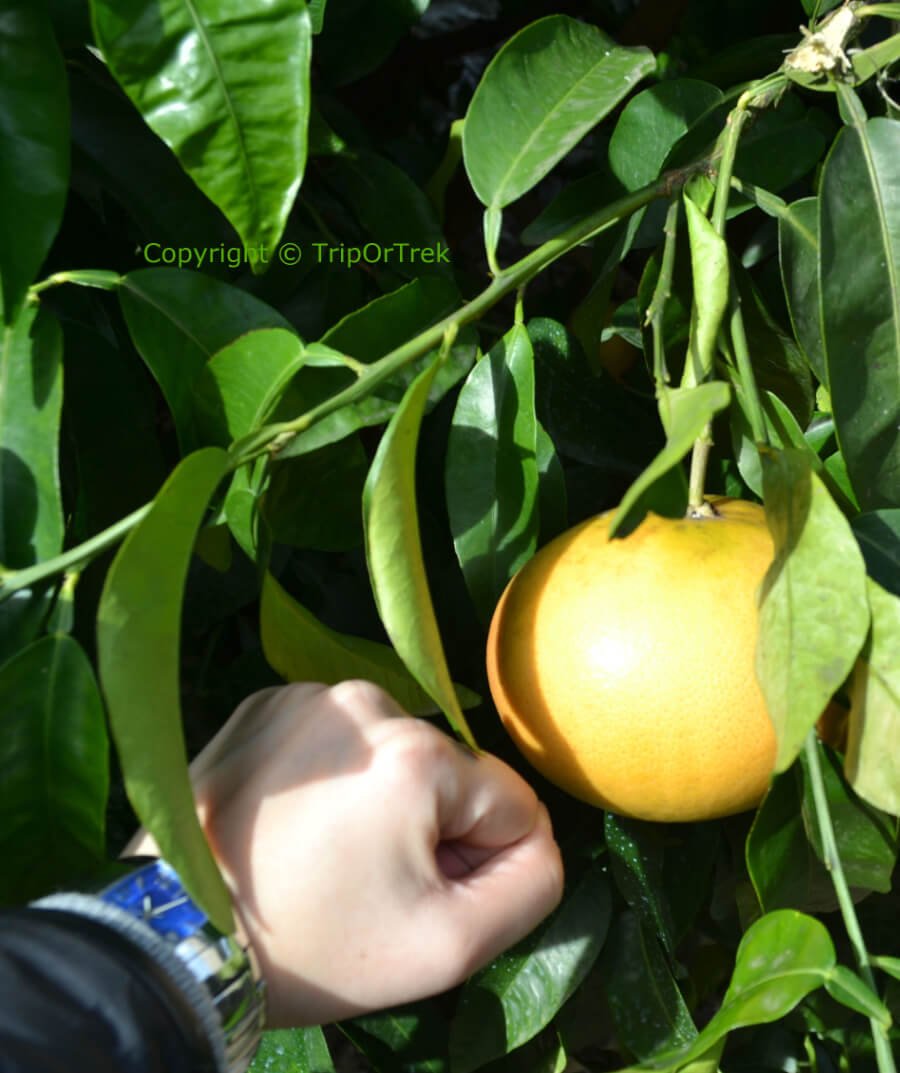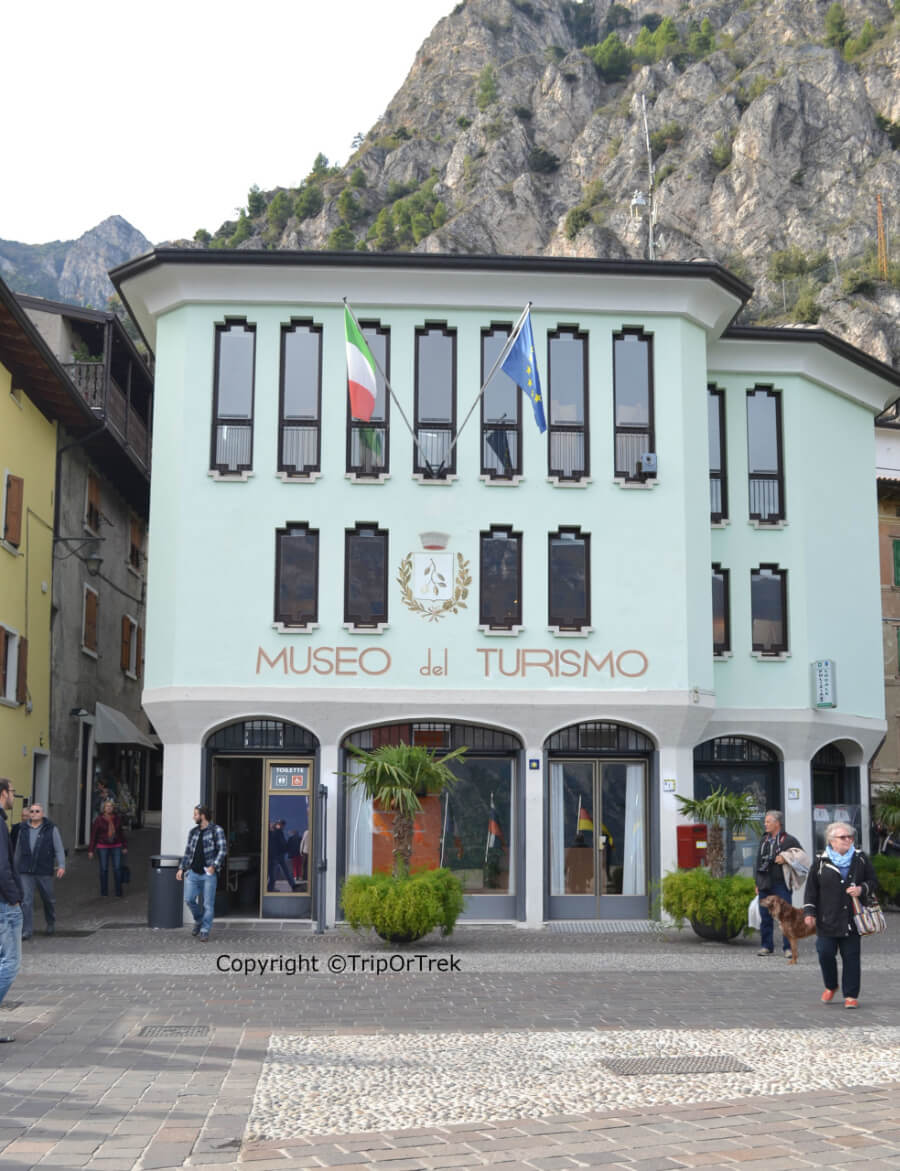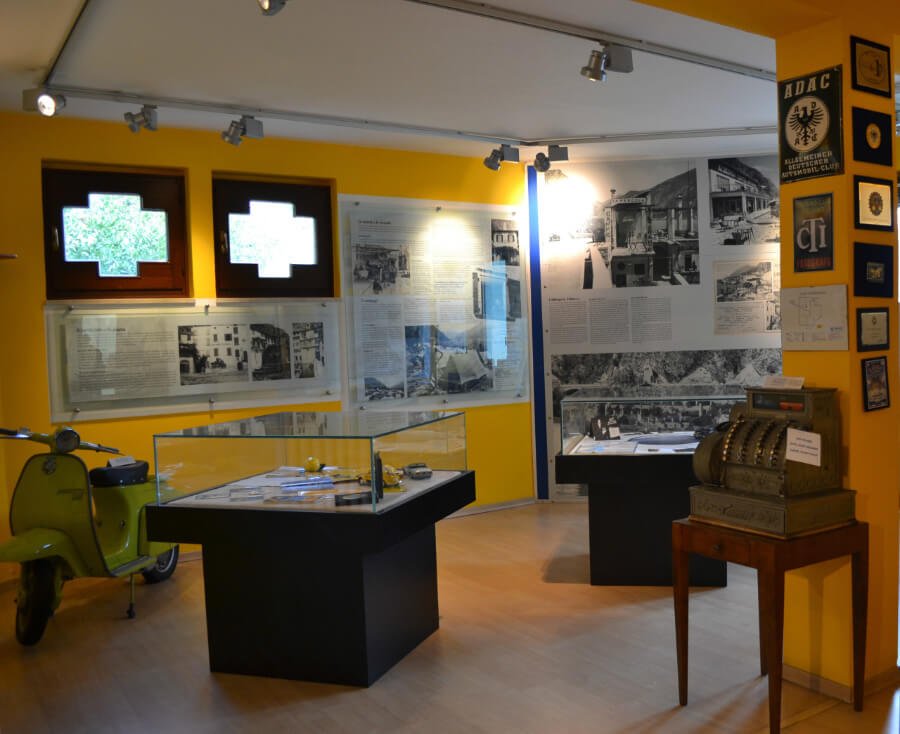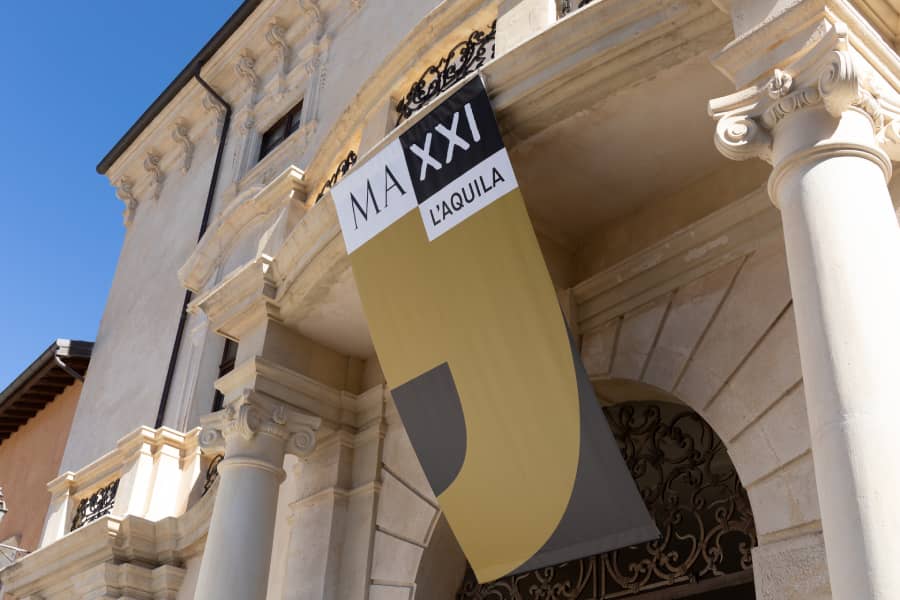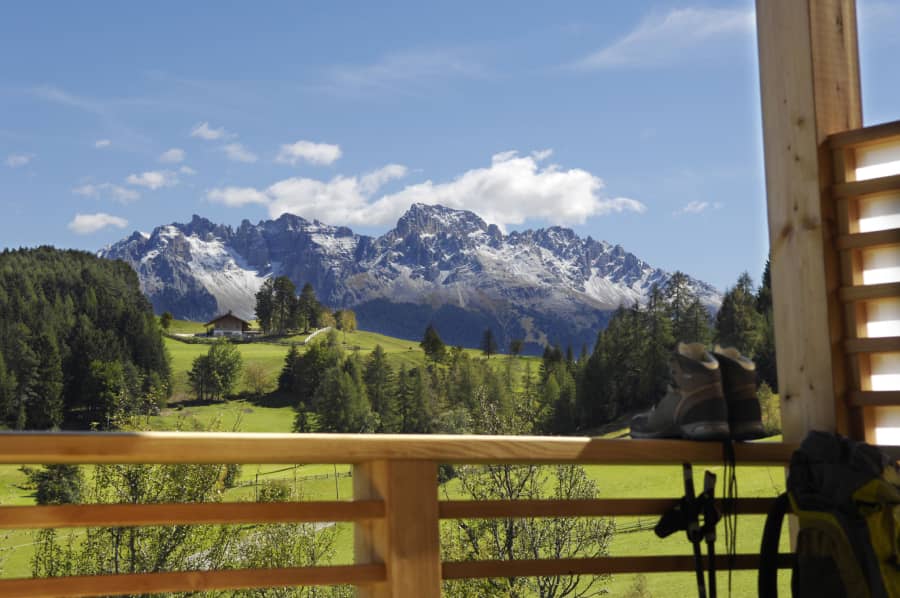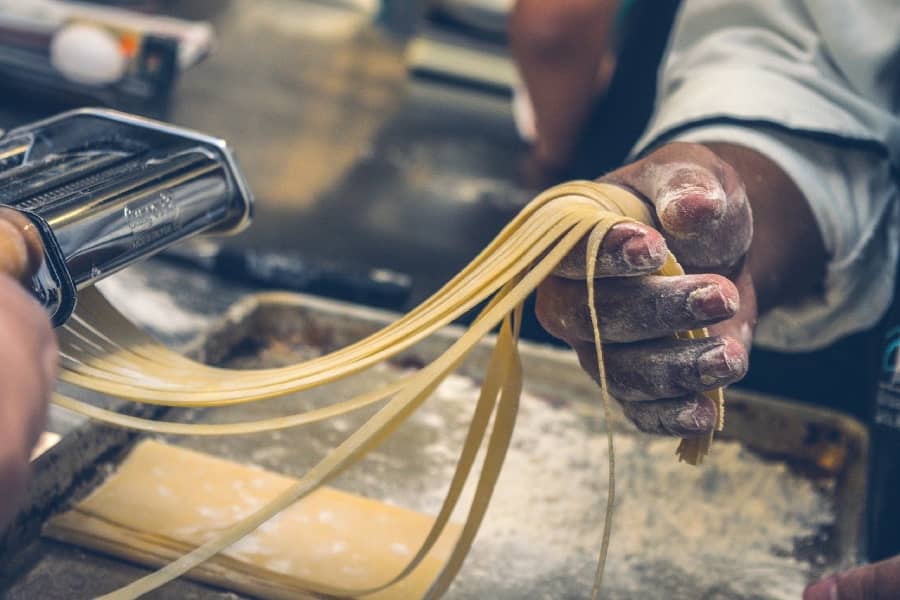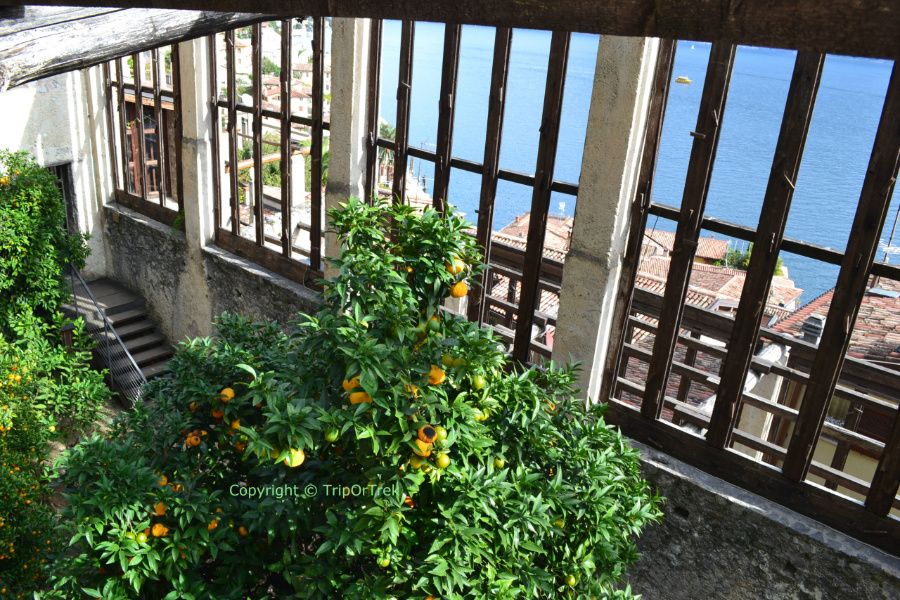
ITINERARY: Tremosine – Limone Sul Garda
Table of Contents
Part 2: Limone Sul Garda
Do you know the land where lemon trees blossom;
Johann Wolfgang Goethe
where golden oranges glow amid dark leaves?
A gentle wind blows from the blue sky,
the myrtle stands silent, the laurel tall:
do you know it?
There, O there
I desire to go with you, my beloved!
Do you know the house? Its roof rests on pillars,
the hall gleams, the chamber shimmers,
and marble statues stand and gaze at me:
what have they done to you, poor child?
Do you know it?
There, O there
I desire to go with you, my protector!
Do you know the mountain and its clouded path?
The mule seeks its way through the mist,
in caves the ancient brood of dragons dwells;
the rock falls steeply, and over it the torrent.
Do you know it?
There, O there
lies our way. O father, let us go!
With this poem, the writer and poet Johann Wolfgang Goethe described the second leg of our journey to discover the Brescia side of Garda Lake: the town of Limone.
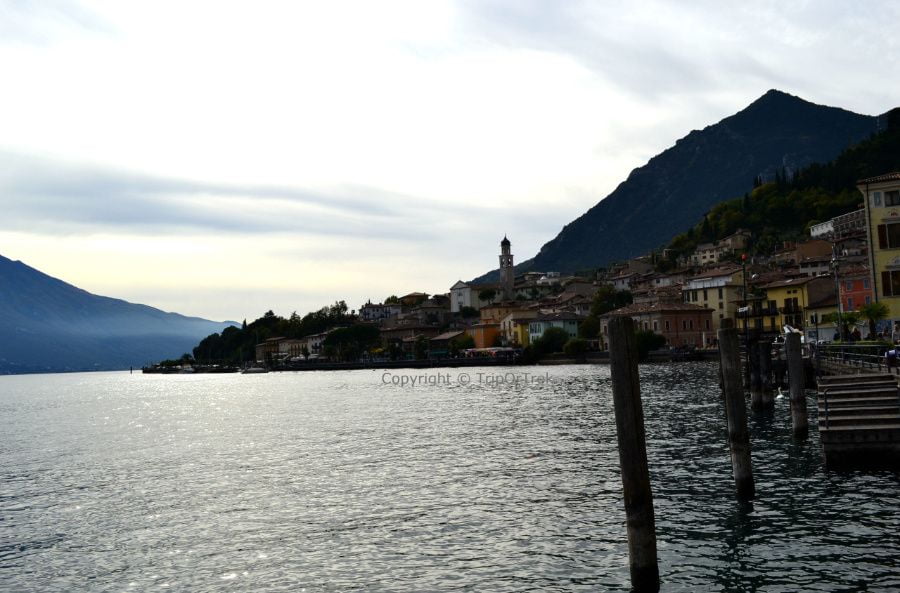
The Legend
The story goes that, from the love between the god Benaco and the nymph Phyllis, were born the twins, Grineo and Lemon.
For the intentions of father, the first would have to devote themselves to fishing, the second to the agriculture, but, since adolescence, the two have preferred hunting along the slopes of Mount Baldo, where one day, Limone was attacked and killed by a boar. Phyllis, desperately begged her husband for bring back to life Lemon: so Benaco has prepared an infusion with mysterious blue flowers and the miracle was accomplished.
Obeying promptly to his father, Limone became a farmer and he went to live in front of Baldo mountain, in a lovely inlet sheltered from the winds, where he started the cultivation of the fruit that bears his name.
History
The town’s name comes from the Latin “Limen”, which means border, but it also matches l’agrume: lemon. The first historical information on the peoples of Benaco (ancient name of the lake) date back to the Neolithic. It dates back to 600 BC the settlement in the area of the Celtic people of the Gauls Cenomani,that were subdued, in the 2nd century BC, by the Romans.
Crucial for the town of Lemon was the domain of the Republic of Venice from the first half of the 15th century AD. With the administrative capacity and commercial initiative that characterized the policy of the Serenissima, Lemon moved from a simple rural economy linked to the cultivation of olive trees and fishing, to other forms of activity.
Wandering through the village, stop at the “Limonaia del Castel”.
The ticket costs 2 Euros, and here, among the lemon trees,you will know the history that made the town famous all over the world. In the thirteenth century the monks of St. Francis of Gargnano introduced lemons on Garda from the coast of Genoa, and so, in Limone, people began to build the first lemon houses with walls, pillars, staircases, beams on which, from November to March, they put planks and windows to protect plants from the cold of winter.
Located in the heart of town the limonaia Castel extends over several terraces with a total area of 1,633 square meters. Its construction dates back to the early eighteenth century and became the property of the City in 1995. Today there are about fifty grown citrus trees including lemons, oranges, limes, bitter oranges, grapefruits, tangerines and clementines. In the entrance of limonaia there is a small boutique where you can buy the liquor “limoncello”, citrus and other products made from lemon. Also in the village there are several shops selling scented soaps made with lemons of Garda.
Tourism, in fact, is one of the main economic activities of the village of Limone as evidenced by the objects contained in the small but well-kept museum of tourism in the town center.
Entrance is free and inside you can see posters, postcards, photographs from the early 1900s to the present day. It will be a blast from the past and in the history of the “dolce vita” of those who spent their holidays in this beautiful corner of paradise overlooking Garda Lake.
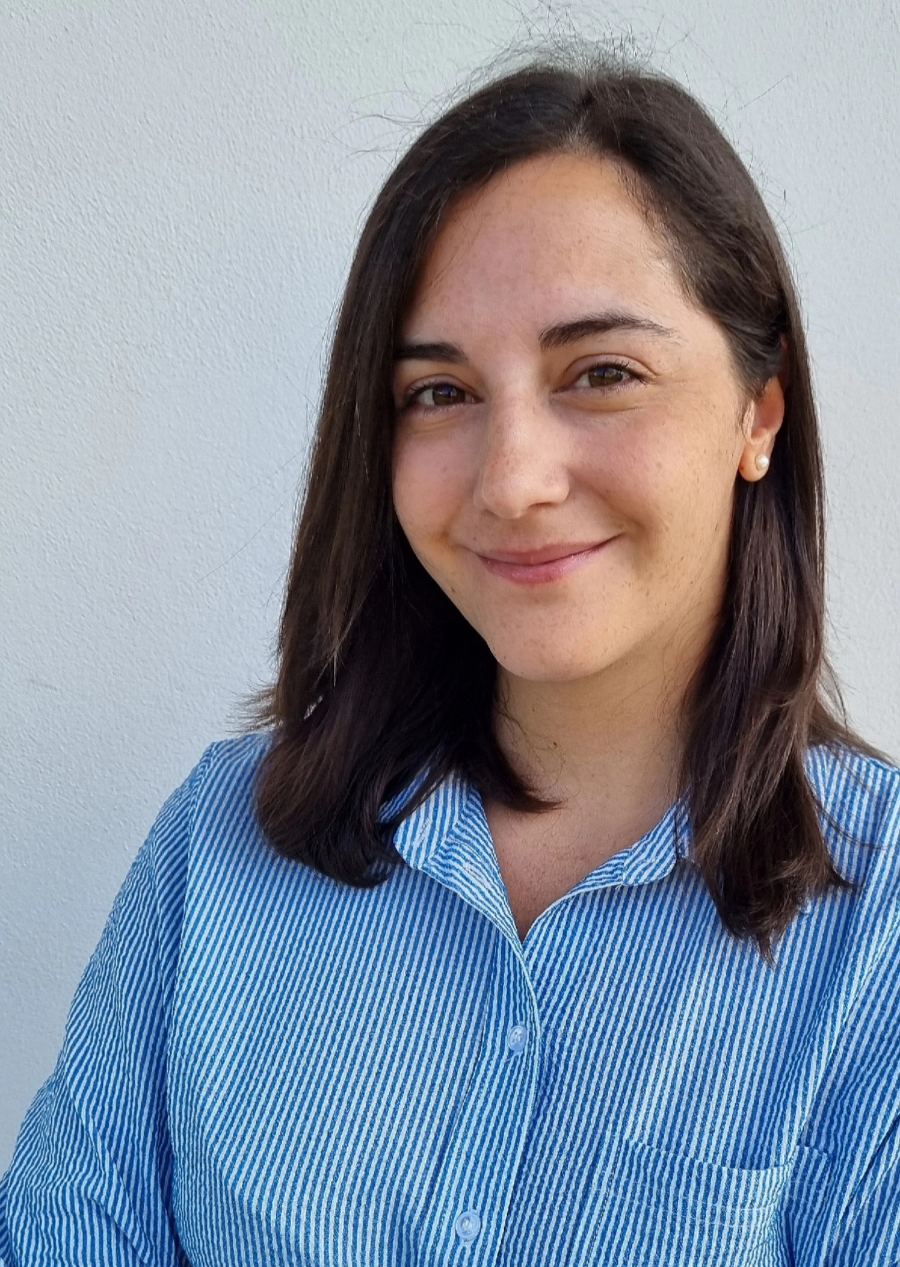
Viaggio e racconto il tuo territorio scrivendo di turismo, marketing territoriale e storytelling nel mio blog TripOrTrek



